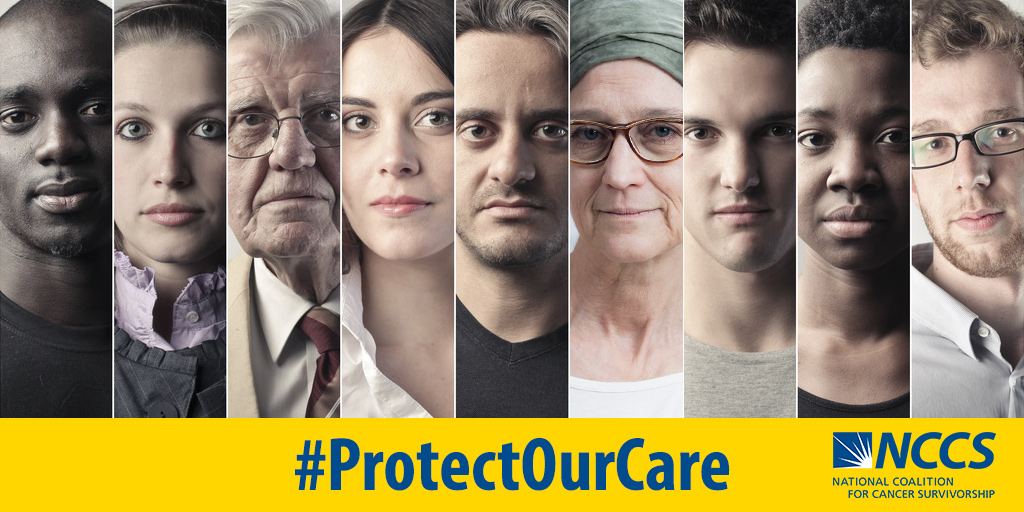ACA Update | How the Newly-Signed Tax Bill Affects Patients, and a Thank You to Patient Advocates Across the U.S.
Analysis: Killing the Obamacare mandate doesn’t gut the health care law. Most likely, it will muddle along, because the rest of it is broadly popular.https://t.co/eTht6SxVZe @POLITICOMag pic.twitter.com/ESKkNnlWT7
— POLITICO (@politico) December 22, 2017
During his speech on the tax bill, the president stated that Congress essentially repealed the ACA by getting rid of the individual mandate. This is not the case. In fact, as Politico explains, the individual mandate is only part of the ACA. It wasn’t even included in the original health care plan that Barack Obama unveiled during the 2008 campaign.
The mandate did become an important element of the ACA, and the only specific element that a majority of the public opposed. But the more generous elements of the program—like a major expansion of Medicaid, significant government subsidies for private insurance premiums, and strict protections for pre-existing conditions—are still popular, and still the law of the land.
Larry Levitt of the Kaiser Family Foundation said, “The death of Obamacare has been exaggerated. Eliminating the mandate creates uncertainty, but all the benefits for people remain in place.” The individual mandate helped to bring a large, diverse population to the health care markets, making it more feasible to provide patients with the popular benefits. Time will tell what its repeal will do to the long-term stability and affordability of health insurance.
NCCS also closely monitored and met with Members of Congress to ask them to protect the medical expense deduction, which would have been eliminated in the original House proposal. NCCS joined AARP in a letter to leadership asking to retain this critical deduction that millions of Americans with high health care needs and low incomes utilize. We are pleased that the deduction remains intact and the threshold for qualifying for the deduction was actually lowered to 7.5%, compared to 10%.
NCCS Thanks You For Your Advocacy
As we head into the holiday recess, we want to express our deep gratitude to advocates for your countless phone calls, emails, district meetings, op-eds, and for sharing your stories in order to protect health care for cancer patients and survivors across the U.S.
In the beginning of the year, the president and Congress promised to repeal the Affordable Care Act and thanks to your hard work and advocacy, the millions who rely on the ACA for their health coverage are still protected by the law as we head into 2018. However, our work is far from over as the new year poses many challenges to programs that ensure cancer patients have access to health care and we will continue to advocate on your behalf every day.






